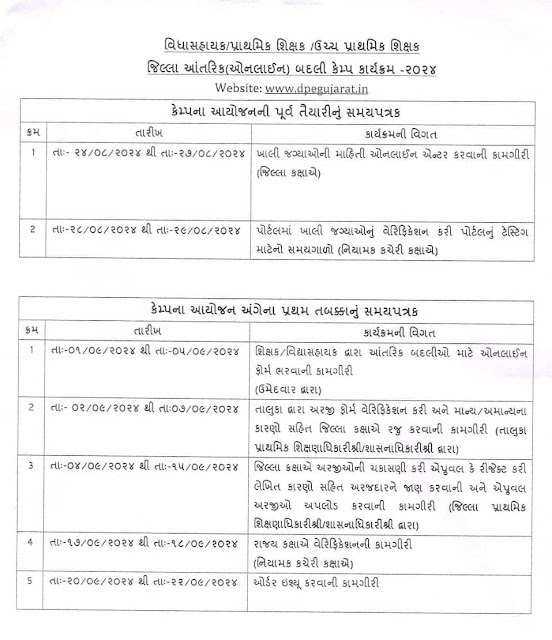CRC TALIM 17-3-2018 BABTE PARIPTRA AND TIME-TABLE SEE HERE
The process by which teachers are educated is the subject of political discussion in many countries, reflecting both the value attached by societies and cultures to the preparation of young people for life, and the fact that education systems consume significant financial resources.
However, the degree of political control over Teacher Education varies. Where TE is entirely in the hands of universities, the state may have no direct control whatever over what or how new teachers are taught; this can lead to anomalies, such as teachers being taught using teaching methods that would be deemed inappropriate if they used the same methods in schools, or teachers being taught by persons with little or no hands-on experience of teaching in real classrooms. In other systems, TE may be the subject of detailed prescription (e.g. the state may specify the skills that all teachers must possess, or it may specify the content of TE courses).
Policy cooperation in the European Union has led to a broad description of the kinds of attributes that teachers in EU Member States should possess: the Common European Principle for Teacher Competences and Qualifications.[2]



